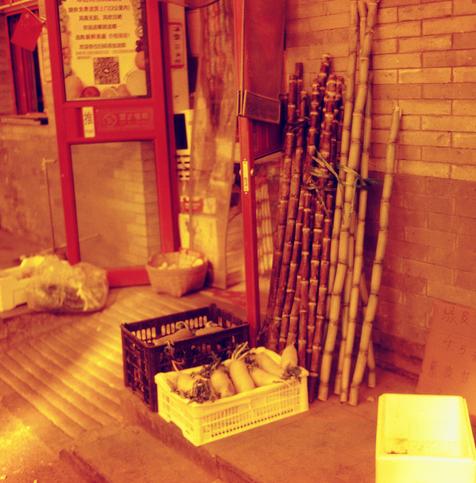2026-02-23 18:03:38
Trump’s pledge to raise the global baseline tariff rate from 10% to 15% is reverberating across markets, with investors now weighing whether a recent rally in overseas equities can hold.
In a post on TruthSocial, Trump said he would immediately increase the worldwide tariff rate to 15% following a Supreme Court decision related to trade authority. He also signaled that additional, “legally permissible” tariffs could be introduced in the coming months, reinforcing a more aggressive trade…
2026-01-23 16:25:56
Before you head out for the weekend, don't miss today's Metacurity for the crucial cybersecurity developments you should know, including
--A database with 149 million usernames and passwords was exposed on the internet,
--Venezuelan nationals who stole cash from ATMs using malware will be deported from US,
--FBI asked Microsoft to unlock encrypted laptops,
--Under Armour is investigating massive data breach,
--Tech investors want the US government to prob…
2025-12-22 13:01:18
Investigation: in 22 US states, Uber approves drivers with many types of convictions, such as violent felonies, that are over seven years old to keep costs low (Emily Steel/New York Times)
https://www.nytimes.com/2025/12/22/business/uber-background-chec…
2026-01-22 00:30:01
RED (Ocassionally) II 🔴
红 (有时) II 🔴
📷 Zeiss IKON Super Ikonta 533/16
🎞️ Harman Red 125 (6x6)
#filmphotography #Photography #blackandwhite
2026-01-22 19:20:16
Jesse Minter cancels head coach interview, narrowing options https://raiderswire.usatoday.com/story/sports/nfl/raiders/2026/01/22/jesse-minter-cancels-head-coach-interview-narrowing-options/88303455007/
2026-01-21 20:01:08
GeoStruXer and Bentley used AI with satellite data to cut materials and embodied carbon in a Saudi grain warehouse retrofit—no performance lost.
Regeneration International launched training and standards to help farmers adopt regenerative practices at scale.
Sign up for the For People And Planet climate solutions digest:
2026-01-18 18:07:13
“You can’t sell us $200 ‘Rebel’ jackets at Galaxy’s Edge and then delete the words that define what being a Rebel actually means."
Testify.
✅ The Mouse Recants: Why #Disney Deleted a Viral Thread of Anti-Fascist Movie Quotes
2026-01-19 16:56:20
Trump promised Iranians the U.S. would rescue them.
They were betrayed.
Reeling from a crackdown on protesters in Iran that left thousands dead,
Iranians are now grappling with feelings of betrayal, confusion and uncertainty
after Donald Trump repeatedly promised to intervene on their behalf
and then declined to do so.
Some Iranians said in interviews that Trump’s words of support had added to their determination to resist the Iranian government
aft…
2025-12-15 09:20:41
Interviews with copywriters on generative AI's impact: job losses to AI, work used for training, falling wages and rates, freelancers losing clients, and more (Brian Merchant/Blood in the Machine)
https://www.bloodinthemachine.com/p/i-was-forced-to-use-ai-until-the
2025-12-19 03:45:43
A broad retreat is underway in the nonprofit world.
After Donald Trump ordered his administration to root out “illegal” diversity, equity and inclusion efforts earlier this year,
opening the door to investigations and funding cuts for offenders,
more than 1,000 charities rewrote their mission statements in forms they filed this year with the Internal Revenue Service,
removing or minimizing language tied to race, inequity and historically disadvantaged communities.<…











